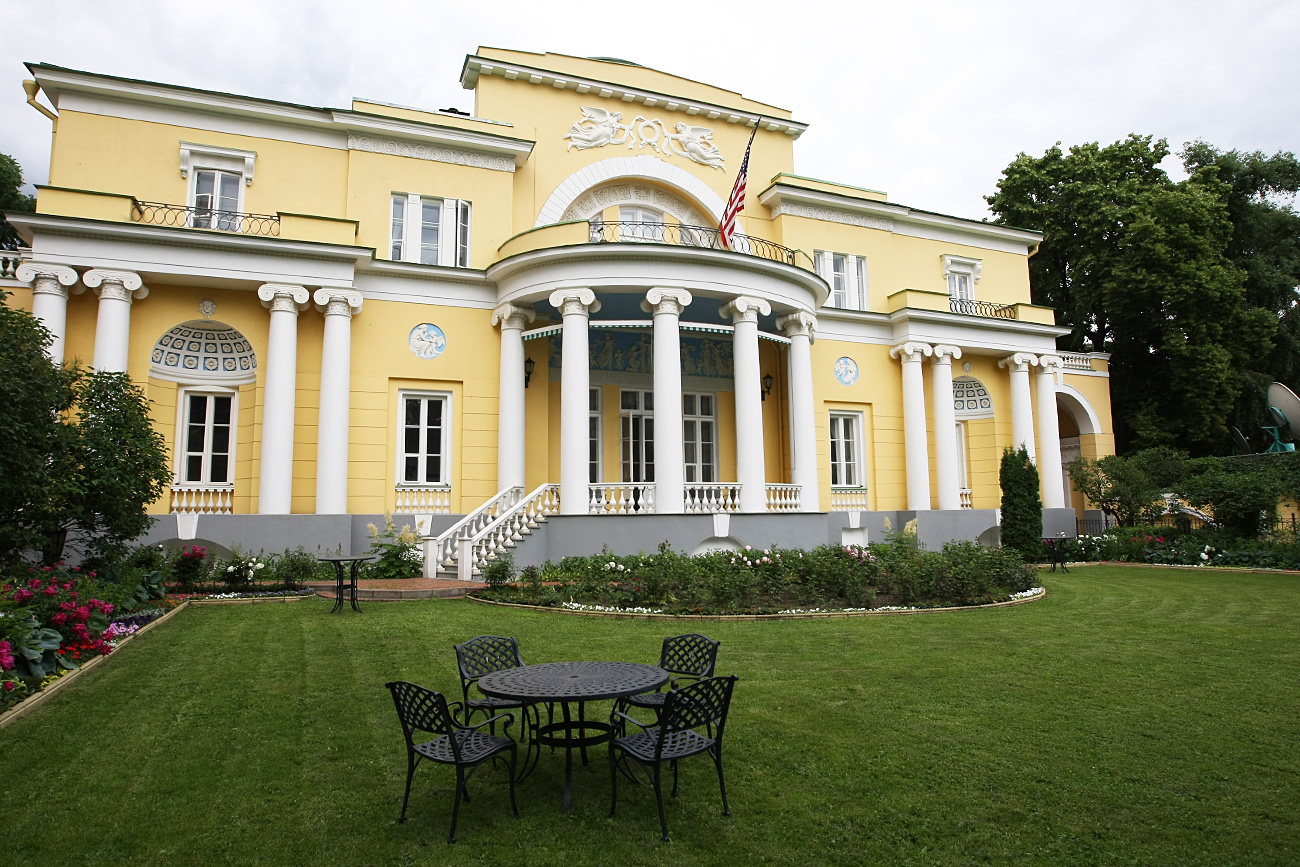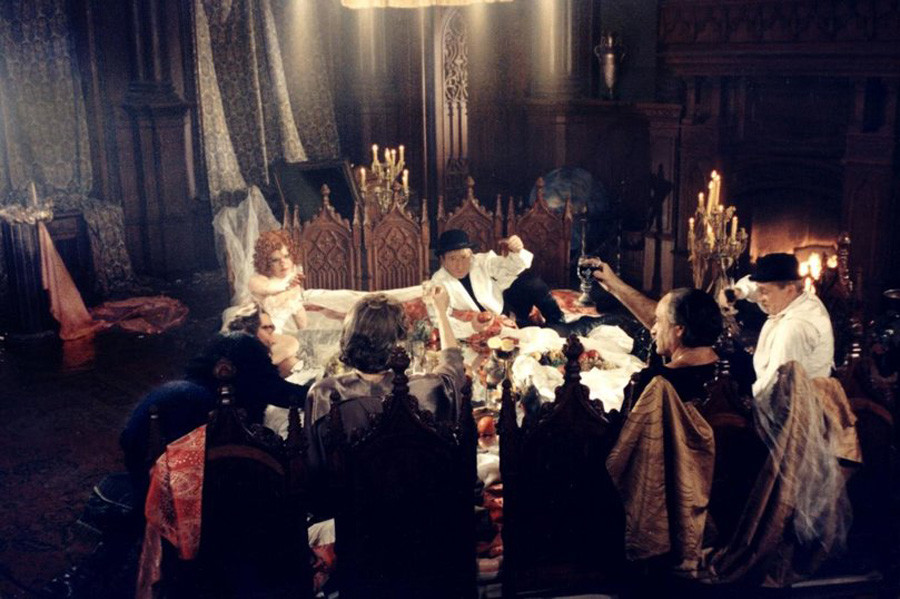By FARHAD MANJOO and KEVIN ROOSE OCT. 31, 2017,
New York Times [Original article contains photos of the commentators and links.]
image from article [caption not included]
Colin Stretch, the general counsel of Facebook, will appear on Tuesday before
senators who are investigating how Russia spread misinformation online during the
2016 presidential campaign. Along with Google and Twitter, Facebook has been
blamed for helping Russian agents influence the outcome of the election.
But the cloud over Facebook extends far beyond Russia. Critics say the
company’s central role in modern communication has undermined the news
business,
split Americans into partisan echo chambers and “hijacked” our minds
with a product designed to keep us addicted to the social network.
Of course, criticism of Facebook and its founder, Mark Zuckerberg, is easy to
come by; solutions aren’t as clear. We asked nine technologists, academics,
politicians and journalists to propose the steps they would take to improve Facebook
— as a product, a company or both.
Their responses, edited slightly for length and clarity, are below.
Jonathan Albright
Research director at Columbia University’s Tow Center for Digital Journalism.
With a recent Facebook change that algorithmically prioritizes “reactions” in the
news feed over the standard “like,” the company appears to be pushing further into
the realm of emotion-centered engagement. As they stand, and especially with
algorithmic reinforcement, “reactions” and “likes” are like megaphones for echo
chambers and news outrage.
The single most important step Facebook — and its subsidiary Instagram, which I
view as equally important in terms of countering misinformation, hate speech and
propaganda — can take is to abandon the focus on emotional signaling-as-engagement.
This is a tough proposition, of course, as billions of users have been trained to
do exactly this: “react.”
What if there were a “trust emoji”? Or respect-based emojis? If a palette of six
emoji-faced angry-love-sad-haha emotional buttons continues to be the way we
engage with one another — and how we respond to the news — then it’s going to be
an uphill battle.
Negative emotion, click bait and viral outrage are how the platform is “being
used to divide.”
Given this problem, Facebook needs to help us unite by building new
sharing tools based on trust and respect.
Kevin Kelly
Co-founder of Wired magazine.
Facebook should reduce anonymity by requiring real verification of real names
for real people, with the aim of having 100 percent of individuals verified.
Companies would need additional levels of verification, and should have a label
and scrutiny different from those of people. (Whistle-blowers and dissidents might
need to use a different platform.)
Facebook could also offer an optional filter that would keep any post (or share)
of an unverified account from showing up. I’d use that filter.
Ro Khanna
Democrat representing California’s 17th Congressional District, which includes
sections of Silicon Valley.
Ultimately, whether from tech companies or Congress, what people want is
more transparency.
Facebook should expand on its Hard Questions blog to explain how its news
feed algorithms work, how it uses data in targeting and how it makes decisions about
third-party verification and removing offensive content. It should make it simple for
users to provide feedback and be responsive to their concerns.
The company also should make its executives readily available to the press, and
they should spend time on Capitol Hill to explain their decision-making.
Everyone understands that new technology platforms are not perfect, and that
bad actors find ways to abuse them. The key is for Facebook to be upfront about
technical challenges, open about its mistakes and willing to answer the tough
questions honestly. If it does that, it will continue to earn the public’s trust.
Kate Losse
Early Facebook employee who recounted her time at the company in her book,
“The Boy Kings: A Journey Into the Heart of the Social Network.”
It would be interesting if Facebook offered a “vintage Facebook” setting that
users could toggle to, without News Feed ads and “like” buttons. (Before “likes,”
users wrote comments, which made interactions more unique and memorable.)
A “vintage Facebook” setting not only would be less cluttered, it would refocus
the experience of using Facebook on the people using it, and their intentions for
communication and interaction.
Somehow, no matter how “smart” the Facebook algorithms and behind-the-scenes
data processing get, the site felt more engaging as a tool for human
communication when interaction was primarily driven by what users wanted to do
and say, rather than where the algorithms want people to look.
Alice Marwick
Assistant professor of communication at the University of North Carolina at
Chapel Hill.
Facebook should allow users to sort their news feed chronologically by default
on all platforms, rather than rely on an algorithmically sorted News Feed. This
would increase the diversity of items in the News Feed, and would make it more
likely that users were exposed to people and information that didn’t support their
own confirmation bias.
It should also greatly increase the human oversight of ad targeting systems —
specifically, oversee algorithmically generated categories (rather than basing them
solely on user-inputted interests). Political and interest-based advertising should be
under much stricter scrutiny than, say, the advertising of T-shirts or hair products.
Ellen Pao
Chief diversity and inclusion officer at the Kapor Center for Social Impact and
a former chief executive of Reddit.
Facebook needs to replace its focus on engagement quantity with interaction
quality. To really do that means replacing at least half of the leadership team and
board with underrepresented people of color who are informed and value diversity
and inclusion — and, as my colleague Freada Kapor Klein suggested, have
journalistic principles. At Reddit, I was able to effect positive, lasting change (at least
according to this research) to content quality and interaction quality by building a
diverse executive team.
Eli Pariser
Chief executive of Upworthy and author of “The Filter Bubble.”
Facebook should open itself up for independent research. Right now, Facebook
is a black box: It’s very difficult, and in many cases impossible, for researchers to
independently look at behavior on the platform. While opening private data to
research creates risks, there’s a ton of explicitly public data on the platform that
Facebook makes difficult to query at scale. Facebook could also open up many of the
tools advertisers currently use for free use by research scientists. It would be a bold
move for transparency, and one that would help us understand much better what’s
happening on the world’s most important social platform. And it’d be wise to do this
before regulators forced them to.
The company should also optimize for “time well spent.” Facebook’s greatest
superpower is figuring out how to eat as much of our attention as possible. But as
Tristan Harris and others have pointed out, that attention often doesn’t yield much
— leaving us poorly informed and feeling worse about ourselves. Instead of
measuring clicks and likes, what if Facebook optimized for how much value an
article or video or game gave us weeks or months afterward? The company could
survey the kinds of content we’ve spent the most time on, and ask us which gave us
the most and least value, as a way to balance our impulsive present selves with our
greater aspirations.
Vivian Schiller
Adviser and former news executive at NPR, NBC News and Twitter.
The single most important thing Facebook must do is come clean. Tell us what
you know. Tell us what you know but can’t share. Tell us what you don’t know. And
tell us what you don’t know that you don’t know. Stop hiding behind bromides like
“we are not a media company.” That makes us think you don’t understand you have a
serious set of problems that need fixing. Coming clean may not be the only thing,
and may not be the main thing, but it’s the first thing.
Tim Wu
Professor at Columbia Law School and author of “The Attention Merchants:
The Epic Scramble to Get Inside Our Heads.”
Facebook should become a public benefit corporation. These companies must
aim to do something that would aid the public, and board members must also take
that public benefit into account when making decisions.
Mark Zuckerberg has said
that Facebook’s goals are “bringing us closer together” and “building a global
community.” Worthy, beautiful goals, but easier said than done when Facebook is
also stuck delivering ever-increasing profits and making its platform serve the needs
of advertisers.
What if Facebook were actually free to do what it says it wants to? What if it
didn’t need to devote so much energy to the evil sides of the business, whether
catering to filter bubbles, addicting and manipulating users, seizing data, bending
over backward for advertisers and destroying competitors? As a nonprofit or public
benefit corporation (like Kickstarter), Facebook could be a much better institution. It
could shed its “two masters” dilemma, truly pursue its lofty goals and become a firm
of which its users and the world could actually be proud.






 U.S. President Ronald Reagan, his wife Nancy Reagan, General Secretary of the CPSU Central Committee Mikhail Gorbachev and his wife Raisa Gorbacheva attend a lunch organized in the U.S. ambassador's residence in Moscow, May 31, 1988. / Yulia Lizunova/TASS
U.S. President Ronald Reagan, his wife Nancy Reagan, General Secretary of the CPSU Central Committee Mikhail Gorbachev and his wife Raisa Gorbacheva attend a lunch organized in the U.S. ambassador's residence in Moscow, May 31, 1988. / Yulia Lizunova/TASS United States Representative to the United Nations, Henry Cabot Lodge, points to the spot on the seal where it has been bugged. / Getty Images
United States Representative to the United Nations, Henry Cabot Lodge, points to the spot on the seal where it has been bugged. / Getty Images Guest attend the reception at the Spaso House. / AP
Guest attend the reception at the Spaso House. / AP Nikolay Vtorov. / Archive Photo
Nikolay Vtorov. / Archive Photo Before a reception at the Spaso House. / Mikhail Fomichev/RIA Novosti
Before a reception at the Spaso House. / Mikhail Fomichev/RIA Novosti





